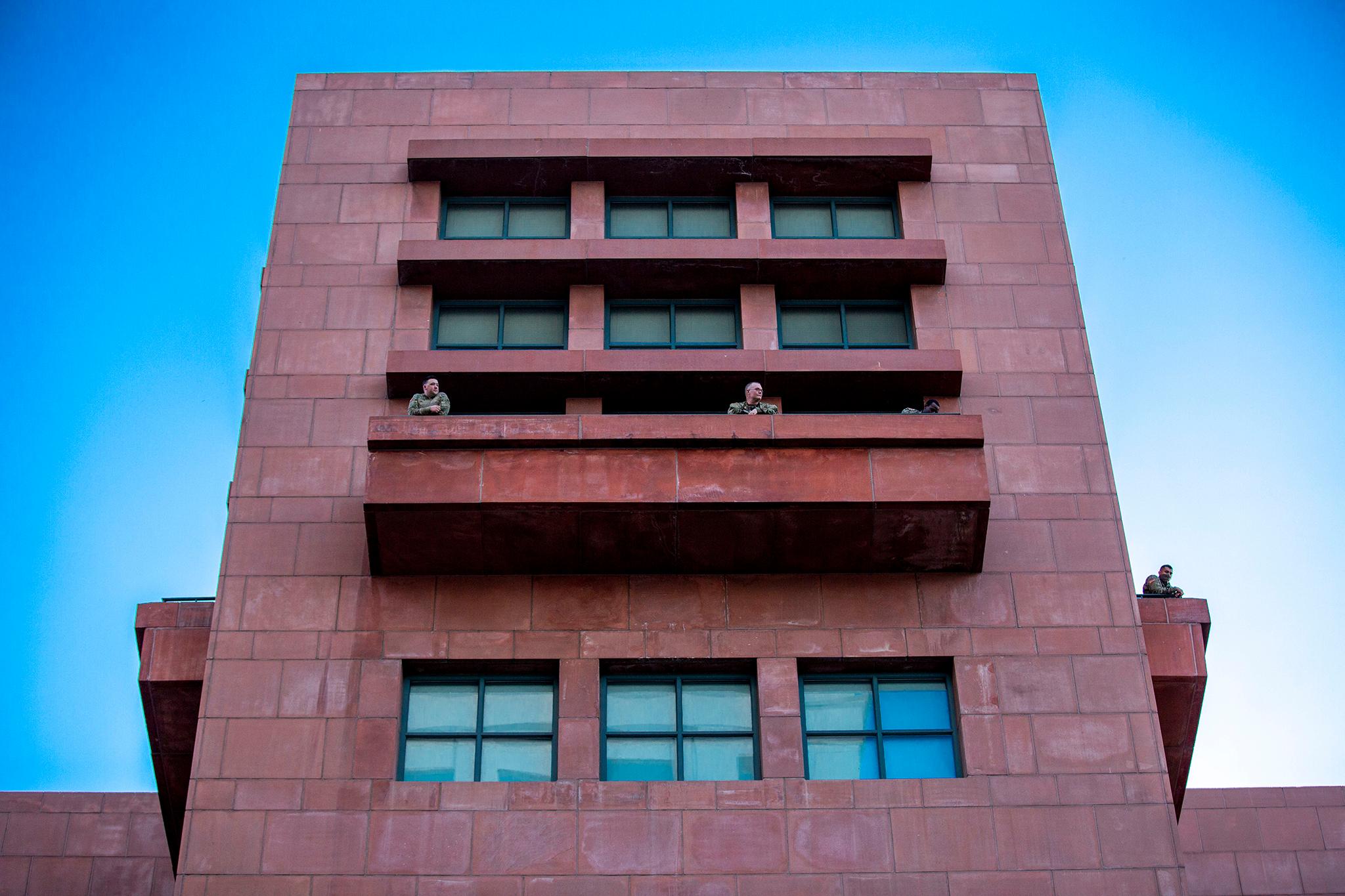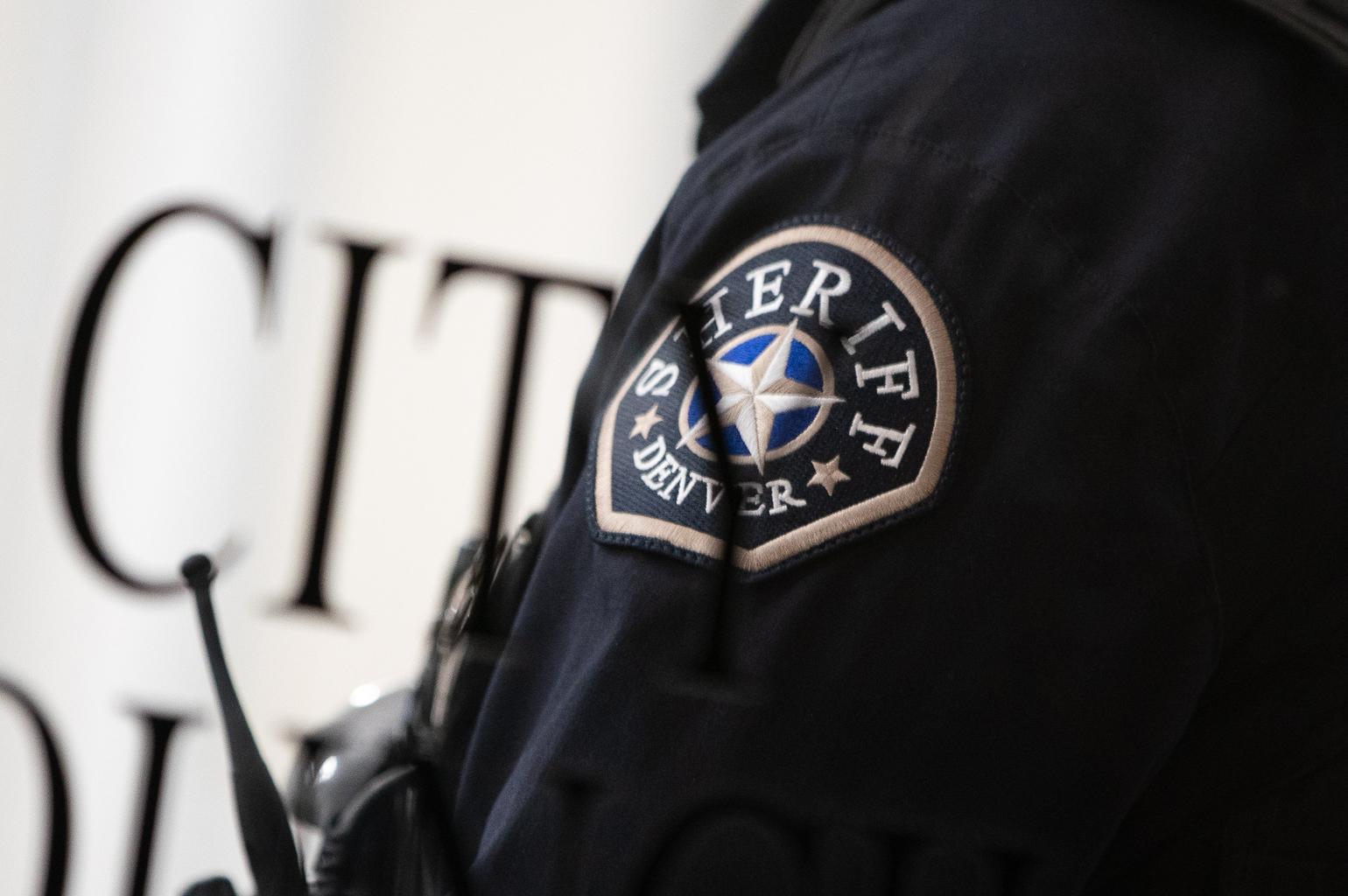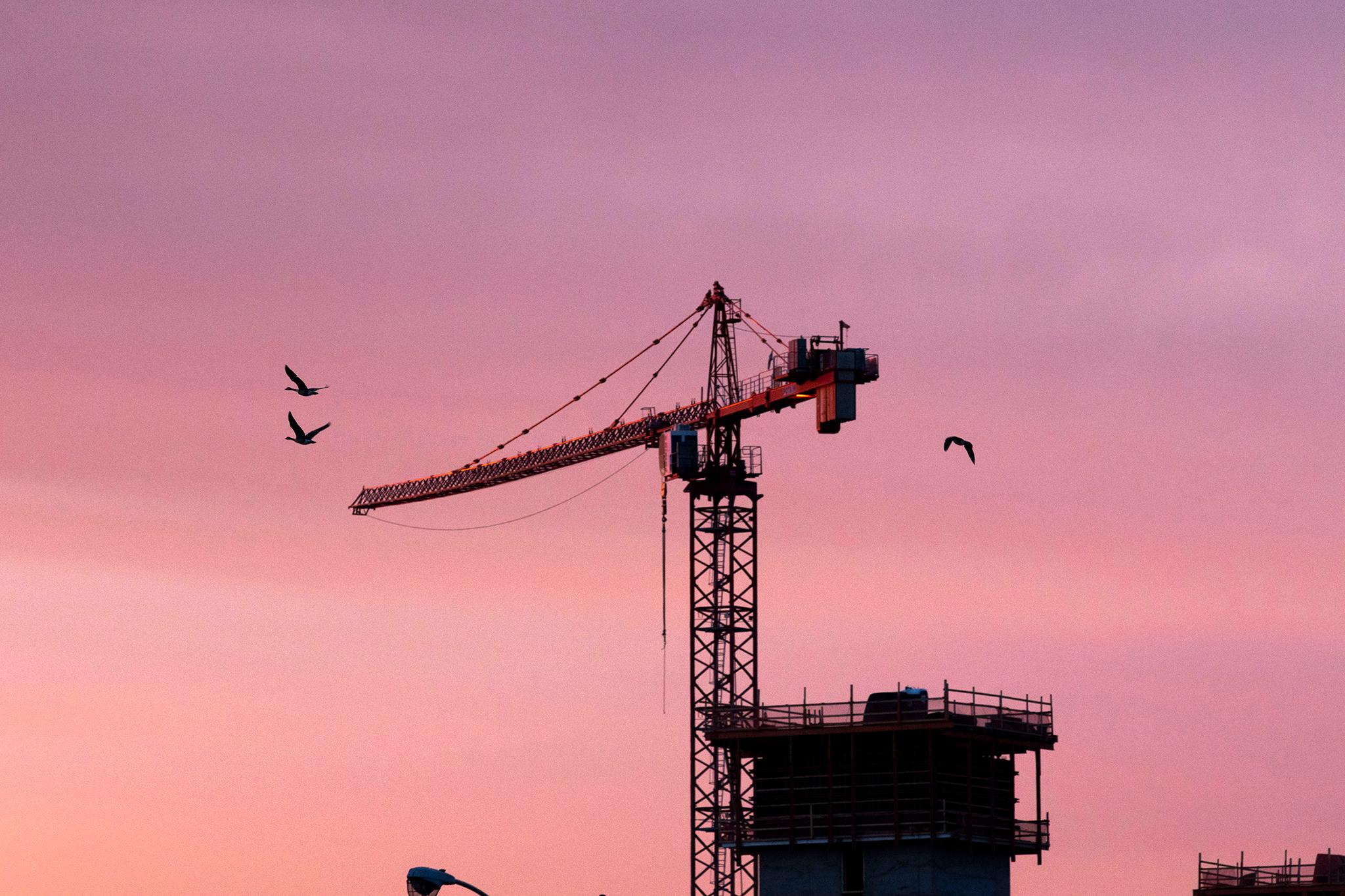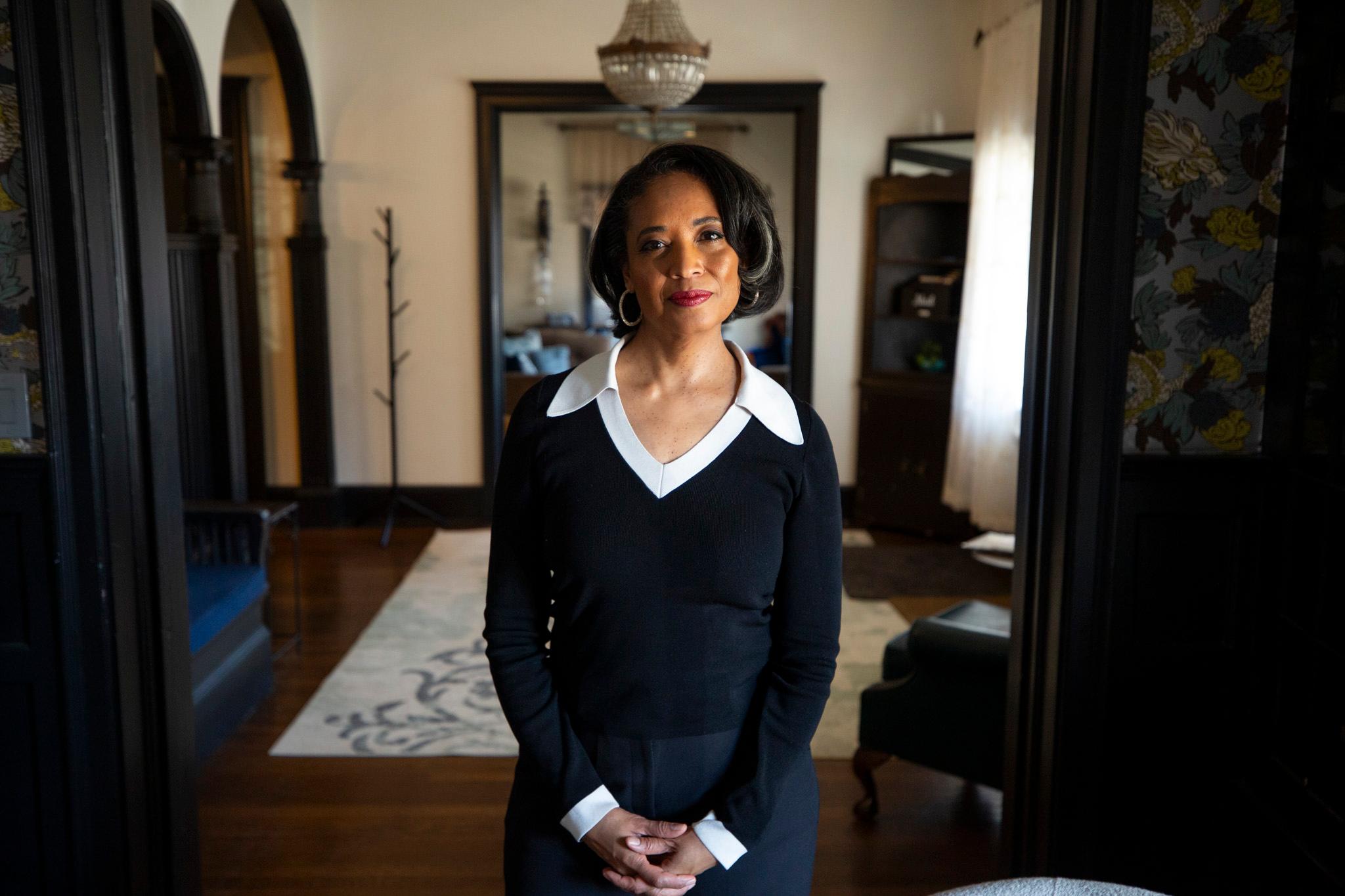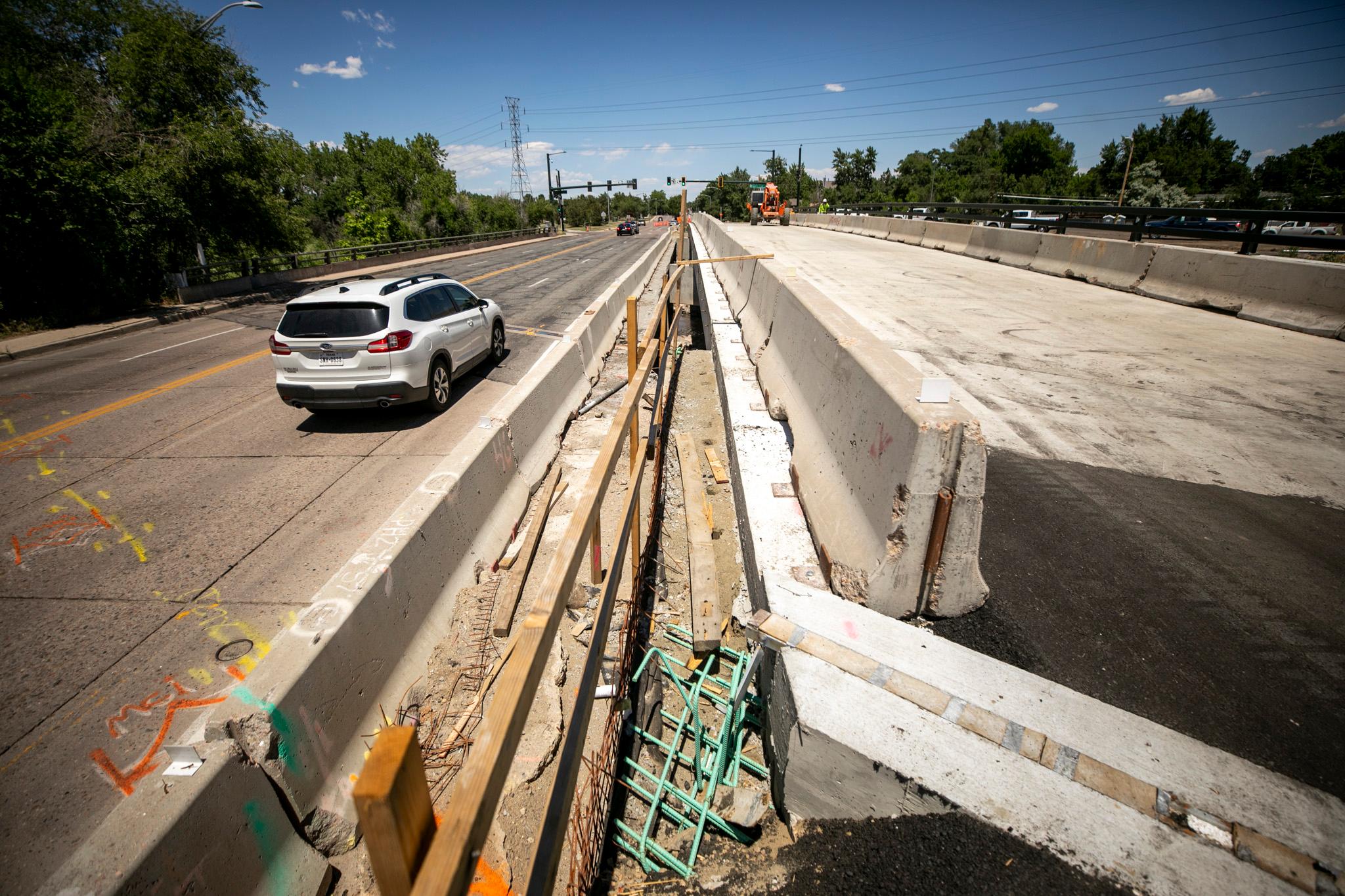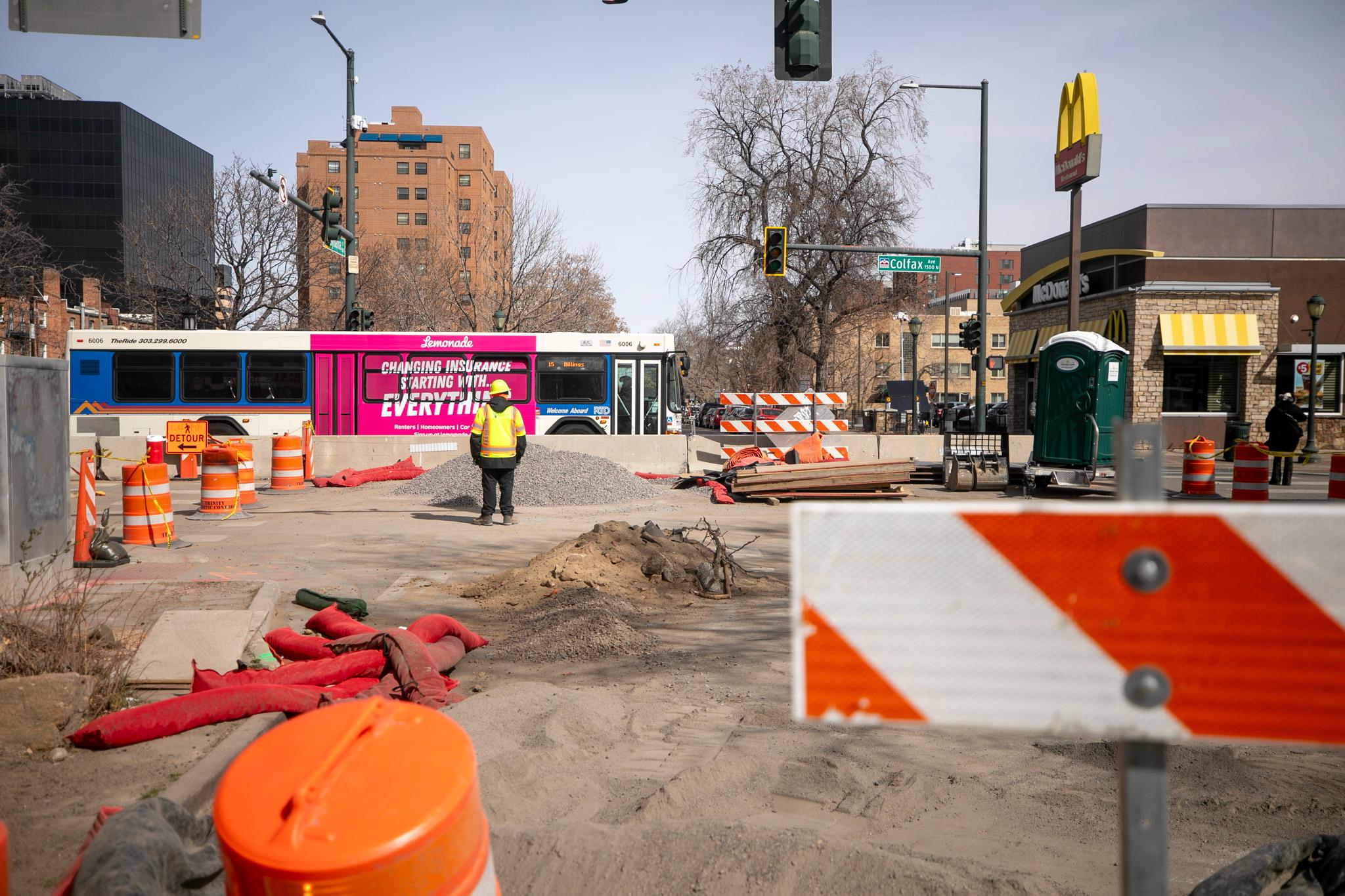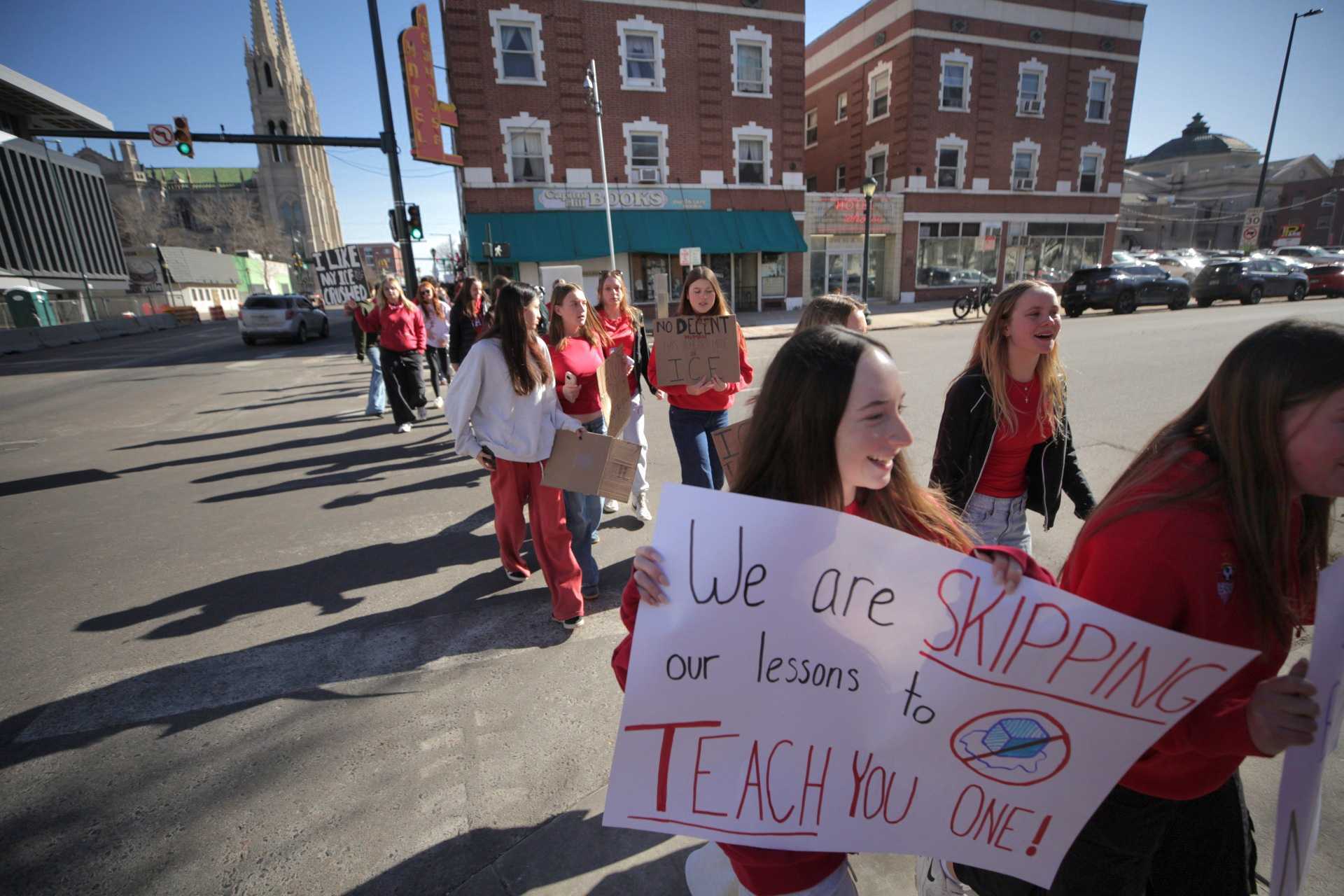Updated at 12:55 p.m. on Thursday, Aug. 28, 2025
In Washington, thousands of members of the National Guard are carrying guns, raking leaves and breaking up encampments.
Meanwhile, President Donald Trump has threatened similar moves in Chicago, New York and Baltimore, and also reportedly may deploy the Guard to a list of 19 mostly conservative states.
But so far, there’s no indication that Trump plans to send troops to Denver or anywhere else in Colorado, despite his administration’s frequent targeting of the local and state governments over immigration issues.
Denver Mayor Mike Johnston said that with a falling crime rate, the city doesn’t need help.
“We have not heard anything from the administration about Denver being a target or a need for that,” Mayor Mike Johnston said in an interview Tuesday. “We are not in need of any federal support. Our law enforcement is doing a fantastic job … They're both driving down crime and keeping people safe.”
Johnston said the city is committed to allowing peaceful protest.
“We're not going to militarize the city. We're going to keep it a place where people feel comfortable expressing their views,” he said.
Deploying federal troops against the will of local leaders is a violation of the norms of American politics and a significant escalation of the military’s domestic role. The Posse Comitatus Act generally forbids federal authorities from deploying soldiers for policing duties, but the Trump administration has argued that its deployments of the Guard are legal under exceptions.
But while they have talked tough, they haven’t yet tried it outside D.C., where the federal government has more leeway to patrol the federal district, and Los Angeles, where an earlier deployment faces a legal challenge.
“Having soldiers police protests, as this order envisions, threatens fundamental liberties and public safety, and it violates a centuries-old principle against involving the military in domestic law enforcement,” said Elizabeth Goitein, a senior director at the Brennan Center for Justice at New York University’s law school, in The New York Times.
Trump previously sent the military to Los Angeles and recently declared he had “the right to do anything I want to do.”
Additionally, an executive order released Monday said the Defense Department would “immediately begin ensuring” that each state’s National Guard units were ready to help “in quelling civil disturbances and ensuring the public safety.” The order said that the department would prepare Guard members in each state for “rapid mobilization” for those purposes, if necessary.
Johnston reiterated that it’s unclear if the administration will make any deployments in Denver, but he said the city would oppose it in court.
“I think it's quite clear it is illegal in times of peace to deploy the U.S. military onto the streets of cities to do domestic law enforcement. Any first-year law student anywhere in the country could tell you, that is a no-brainer on a law school exam. So if they attempt to do that, we'll certainly sue and we'll bring action against them. We've done that in other places, and we've already been successful,” he said.
“There's no emergency, there's no war, there's no crisis. There's a city doing a fantastic job of policing itself, and unless we ask for federal support, we don't need it.”
"We have not received any mobilization orders, but we stand ready to assist our partners," SFC Joseph VonNida, a spokesperson for the Colorado National Guard, wrote in a statement.
The National Guard did not immediately respond to a request for comment. In a statement, Gov. Jared Polis said the Colorado National Guard plays "an important role in protecting our state during natural disasters and emergencies at home and abroad," but added he "would not support federal overreach to activate the National Guard outside of regular order."
Editor's note: This article was updated with a statement from Gov. Polis.

